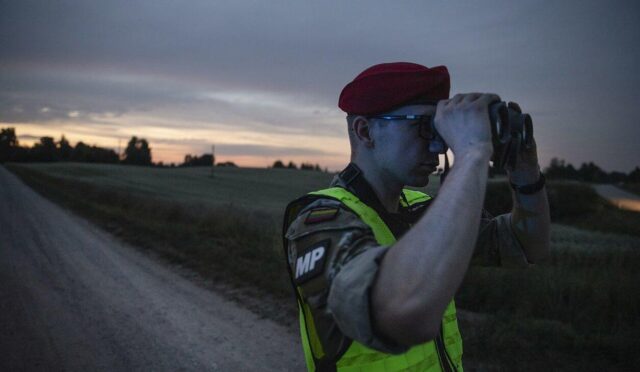Ukraine Initiates Withdrawal from Ottawa Convention
On June 29, 2025, Ukrainian President Volodymyr Zelensky took a significant step by signing a decree to withdraw Ukraine from the Ottawa Convention, a treaty that prohibits the use, production, and stockpiling of anti-personnel mines. This announcement, made through his official website, underscores the ongoing security challenges Ukraine faces amidst the protracted conflict with Russia.
Anti-personnel mines, which are often buried underground, present grave risks to civilians, leading to serious injuries and fatalities. Humanitarian organizations have repeatedly raised alarms about the dangers posed by unexploded mines, emphasizing the need for safer environments for affected communities. Zelensky’s decree reflects a critical assessment of these risks in the context of national security.
Reasoning Behind the Withdrawal
The decision to exit the Ottawa Convention was described as both “difficult and necessary” by Ukraine’s foreign ministry. Officials assert that this move is essential to safeguarding Ukrainian territory and its citizens, especially given the ongoing aggression from Russian forces. The ministry highlighted that the primary obligation of the state is to ensure the protection of its populace under current threats.
Legislator Roman Kostenko echoed these sentiments, stating on social media that the move had long been overdue, considering the severity of the war. He noted that Russia’s extensive use of mines against military and civilian targets necessitated this strategic shift in Ukraine’s military policy.
Regional Trend of Withdrawal
Ukraine’s withdrawal is not an isolated incident; it aligns with a broader trend seen among neighboring countries. Nations such as Poland, Finland, and the Baltic states have followed suit, suggesting a coordinated reassessment of military strategies in response to security threats posed by Russia’s actions.
This regional response reflects a growing urgency among these countries to adapt their defense policies in light of perceived vulnerabilities. As tensions escalate in Eastern Europe, the strategies of various nations will likely continue to evolve, emphasizing national security over international treaty commitments.






